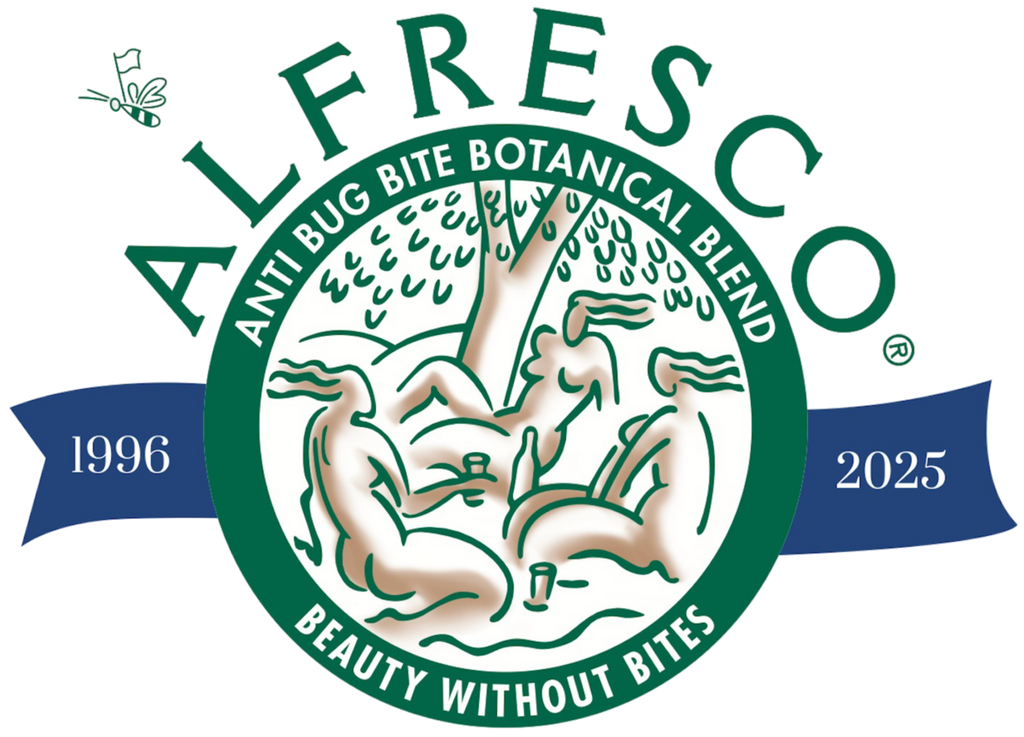Exploring the World of Essential Oils: Bug-Repelling Powers and Environmentally Friendly Practices
In the quest to lead a more natural and environmentally conscious lifestyle, many people are turning towards essential oils as a healthier and eco-friendly alternative to synthetic insect repellents that contain harmful chemicals like DEET and parabens. These versatile, plant-derived oils not only help protect us from pest-borne diseases, but the use of essential oils also leaves a lower carbon footprint than the production and disposal of traditional repellents. In this article, we will delve into the fascinating world of essential oils, their bug-repelling properties, and the significance of adopting sustainable practices in their production and use.
The Magic of Essential Oils: How They Work as Bug Repellents
The bug-repelling properties of essential oils can be attributed to their unique compounds that have been proven effective in deterring insects and mosquitoes. These compounds interfere with the insects' olfactory system, masking the human scent and making it challenging for mosquitoes and other bugs to locate their target. Additionally, some essential oils possess a natural toxicity that can harm the insects, deterring them from coming near. Here are some popular essential oils and their bug-repelling properties:
- Citronella: One of the most widely recognised mosquito repellents, Citronella oil effectively deters mosquitoes and various insect species, thanks to its potent insecticide components.
- Lemongrass: With its strong, citrusy scent, lemongrass oil keeps insects at bay and is especially effective in repelling mosquitoes and flies.
- Peppermint: Its cooling and invigorating scent not only deters insects but also provides natural relief for itching and irritation caused by insect bites.
- Tea Tree: Known for its antimicrobial and anti-inflammatory properties, tea tree oil can be an effective bug repellent, especially against ticks and ants.
Sustainable Practices in Essential Oil Production
For essential oils to be genuinely eco-friendly, it is crucial to adopt sustainable practices in their production. Here are a few key aspects to consider and some tips for selecting essential oils that align with preserving nature:
- Responsible Sourcing: Choose essential oil products and brands that prioritise ethical sourcing of raw materials. This involves sustainable harvesting techniques, fair labour practices, and support for local communities involved in the production process.
- Eco-Friendly Packaging: Opt for brands that minimise the use of plastic and incorporate recyclable or biodegradable packaging materials, reducing waste and lowering the environmental impact.
- Organic Farming: Support producers who prioritise organic farming, eliminating the use of harmful chemical pesticides that can disrupt ecosystems and threaten biodiversity.
- Waste Management: Encourage manufacturers to adopt responsible waste management practices, such as wastewater treatment or composting of by-products, to ensure minimal damage to the environment.
Creating a Bug-Free Oasis: Environmentally Conscious Tips for the Home and Garden
In addition to using essential oils as natural insect repellents, there are various eco-friendly practices that you can adopt at home to create a bug-free oasis while respecting the environment:
- Eliminate Standing Water: Ensure that there is no stagnant water in your garden or around your home, as it serves as a breeding ground for mosquitoes. Fix any leaky outdoor taps, change birdbath water regularly, and empty any containers that collect rainwater.
- Plant Bug-Repelling Plants: Introduce bug-repelling plants such as Lavender, Marigold, and Basil to your garden or create a windowsill herb garden. They not only help deter insects but also beautify your space and provide fresh herbs for your kitchen.
- Encourage Natural Predators: Attract insect-eating birds or build bat houses to encourage the presence of natural predators that can help keep insect populations in check.
- Use Eco-Friendly Lighting: Reduce the attraction of insects to outdoor lights by using yellow or warm-coloured LEDs that are less appealing to bugs and consume less energy than traditional light bulbs.
Conclusion
By adopting eco-friendly choices like essential oil-based mosquito repellents and incorporating sustainable practices in everyday life, we can protect ourselves from bugs while minimising harm to the environment. By understanding the importance of ethical sourcing, organic farming, and waste management in the production of essential oils, we can make informed decisions and support brands that promote the well-being of both people and the planet. With a deeper appreciation for the incredible world of essential oils and their bug-repelling properties, we can take a step forward in our journey towards living in harmony with nature.
Experience the wonders of essential oil-based mosquito repellents with our DEET-free, paraben-free, and eco-friendly products made from a secret blend of over 25 essential oils. Shop now to join the green revolution!
